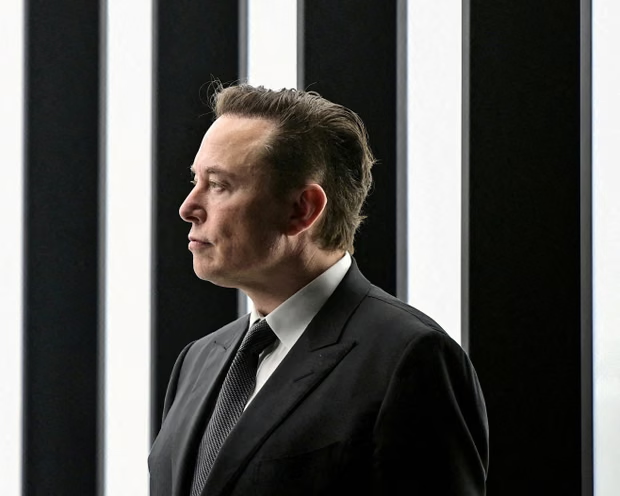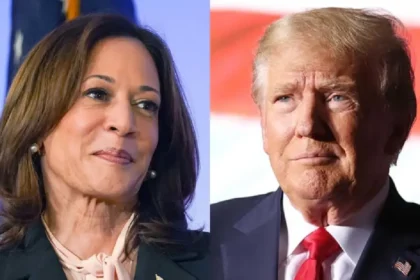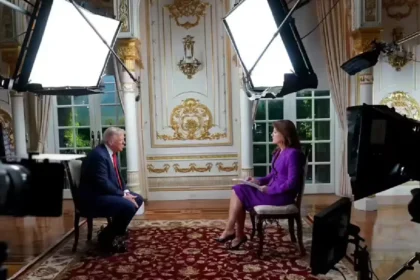In a stunning wealth milestone, Elon Musk has briefly become the first person in history to cross the $500 billion net worth threshold. His fortune—driven by large stakes in companies like Tesla, SpaceX, and AI initiatives—soared as stock markets rallied, thrusting him into uncharted territory among the ultra-rich.
The Milestone Moment
On a day of heightened stock market gains, Musk’s net worth surged past $500.1 billion before receding slightly to about $499.1 billion. Even that dip did little to undermine the symbolic breakthrough: for a moment, Musk stood alone in the half-trillion club. His massive holdings in Tesla and SpaceX bore nearly all the weight of the milestone, with other ventures playing supporting roles.
Analysts say the leap was fueled by a robust upswing in Tesla shares. Over the preceding months, Tesla’s stock had climbed nearly 70 percent, reflecting renewed investor confidence in Musk’s leadership and the company’s pivot toward AI, robotics, and energy. His 12 percent stake in Tesla translated directly into enormous wealth gains as the company’s valuation scaled into the trillions.
At the same time, Musk’s 42 percent ownership of SpaceX—still privately held but estimated to be worth hundreds of billions—added tremendous latent value. Meanwhile, xAI, the artificial intelligence firm he founded, is now valued in the tens of billions and continues to contribute to his broader portfolio strength.
Sources of Wealth & Volatility
Musk’s fortune is heavily concentrated in equity, making it especially sensitive to market sentiment. Tesla’s gains were essential in pushing his net worth upward, but that also means sudden pullbacks are possible if investor expectations shift. Indeed, earlier in the year, concerns around Musk’s divided focus—shuttling between space, AI, and his public political commentary—had weighed on investor confidence.
Still, the recent surge suggests markets are realigning in his favor. Tesla’s board even proposed a $1 trillion compensation package as part of a long-term incentives plan, signaling that the company sees Musk’s role as key to its future. Part of that plan includes incremental rewards contingent on ambitious performance targets in vehicle output, robotics, software, and valuation growth.
The Race to Trillionaire Status
Crossing $500 billion is just one step. Many now view Musk as the frontrunner to become the world’s first trillionaire. If his companies hit the right growth curves—Tesla scaling further, SpaceX expanding its reach, and his AI bets paying off—the path to $1 trillion could accelerate. Some forecasts suggest that milestone might come as early as the late 2020s or early 2030s, if recent momentum holds.
Yet, the journey won’t be smooth. His net worth is tied to future expectations of market dominance, technological breakthroughs, and regulatory environments. Any misstep—whether in execution, market conditions, or reputational challenges—could derail the projection.
Market and Public Reactions
Musk’s ascent reignited media attention and investor fascination. Stock markets and wealth indexes adjusted rapidly to reflect the new status quo. Tesla bulls grew more bullish, speculating on even deeper integration of AI and robotics in its business model.
At the same time, critics invoked concerns about wealth concentration, corporate governance risk, and the implications of such vast fortunes being tied to relatively few companies. Some voices questioned whether market systems should allow individuals to amass such extreme personal wealth.
Musk himself appeared to lean into the moment: he purchased approximately $1 billion in Tesla shares during the run, further signaling confidence in his company. Observers view that as both a symbolic and financial gesture, reinforcing his alignment with shareholder value and long-term strategy.
What It Means Forward
Reaching $500 billion is more than a vanity benchmark—it’s a demonstration of how modern tech megawealth is built. Musk’s portfolio spans electric vehicles, space exploration, AI, and infrastructure; its diversity gives him structural advantages many others lack.
Still, the future hinges on whether Tesla, SpaceX, and his AI ventures can deliver in performance—not just hype. Meeting the ambitious goals tied to compensation packages, expanding margins, and scaling production will be pivotal. As these companies mature, Musk must balance visionary bets with operational discipline.
For now, crossing the half-trillion line cements Musk in a rare league, sending a message: he remains unmatched in turning futuristic ambitions into fortune. But with great wealth comes great scrutiny—and the next leg of the race will test whether his momentum holds up under pressure.











